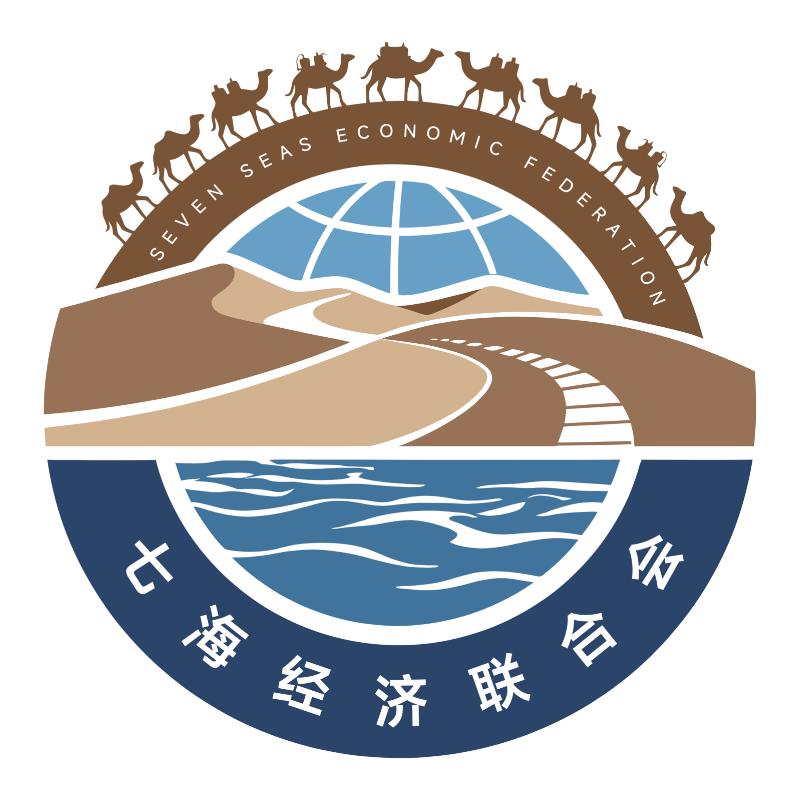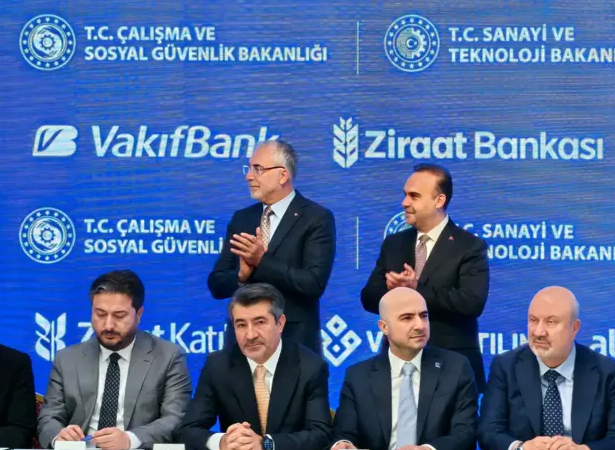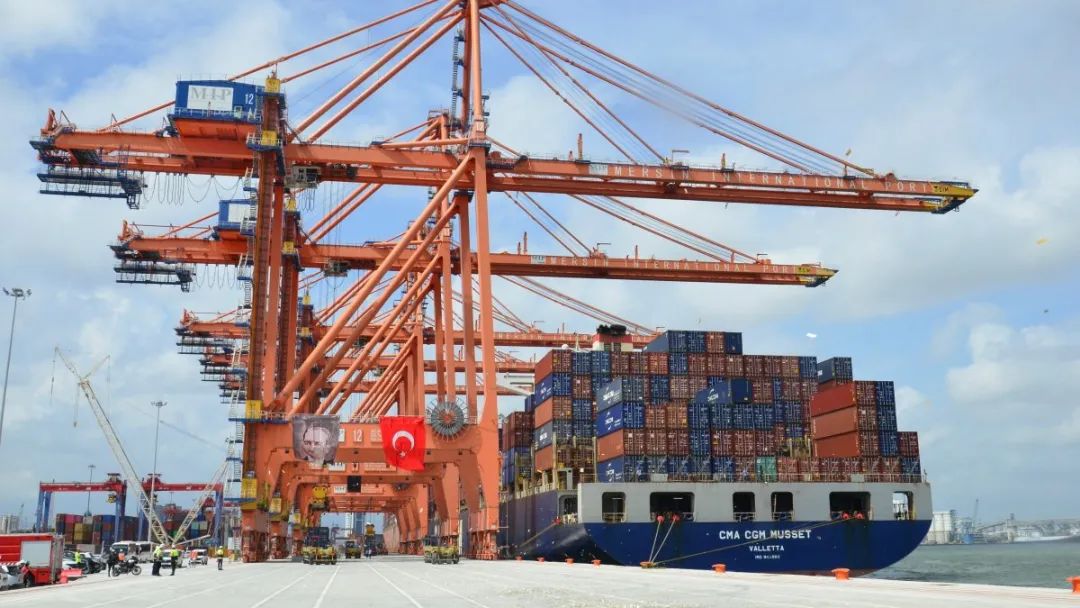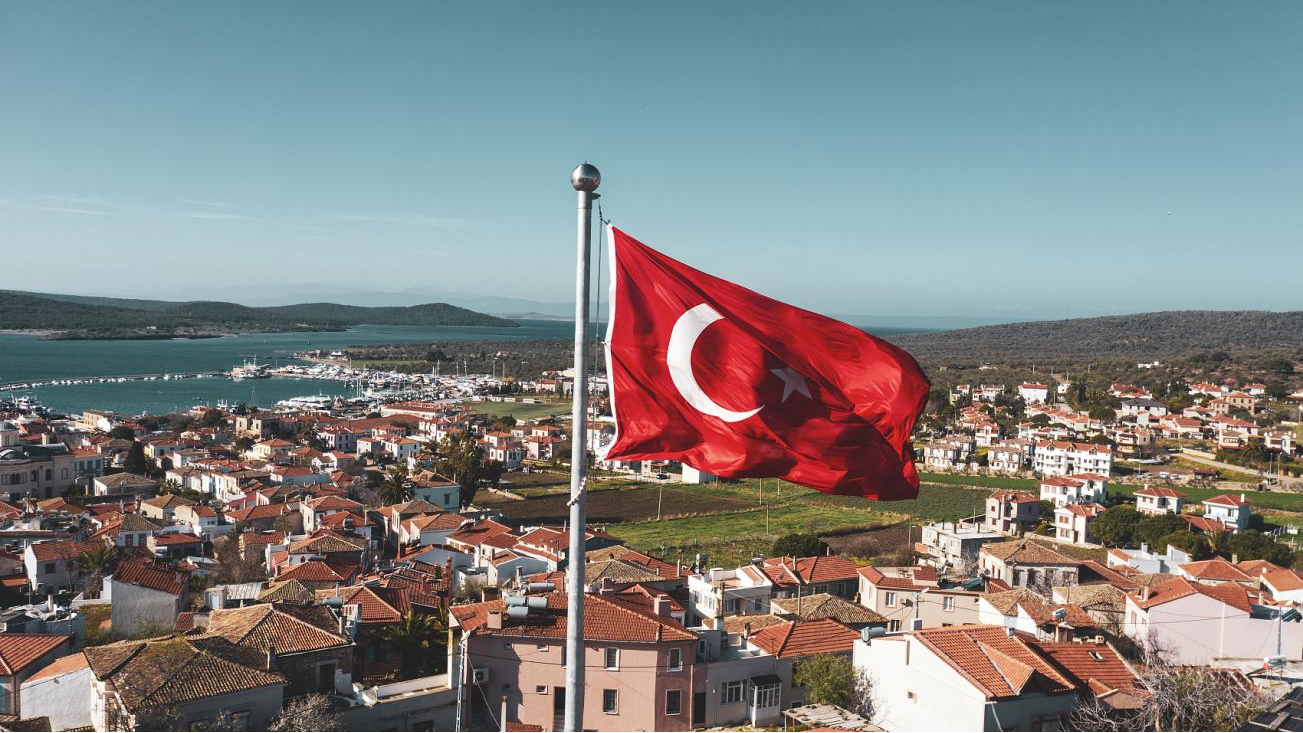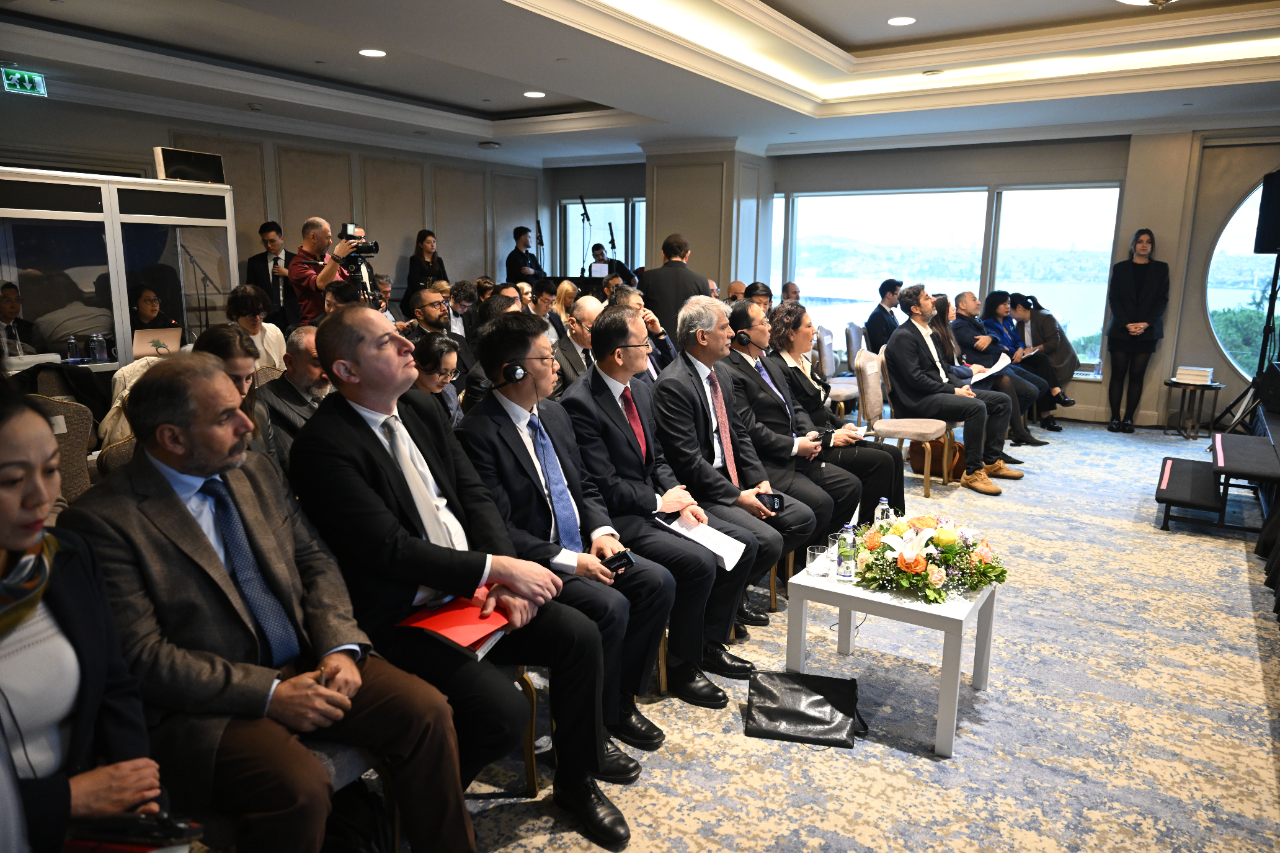Investment target industry
Türkiye has superior geographical environment, good industrial foundation, rich labor resources and unique investment and trade conditions. In 2019, Türkiye's primary, secondary and tertiary industries will be dominated by the service industry. Türkiye is one of the world's major producers of food, vegetables, fruits, nuts, tobacco and edible oil, while the secondary industry is dominated by chemical industry, textile, automobile manufacturing, etc. In the service industry, tourism and banking are relatively developed, and tourism is the country's largest source of foreign exchange besides exports. With the steady development of economic and trade cooperation between China and Türkiye, more and more Chinese enterprises have invested in Turkey. Among them, chemical industry, textile and clothing, automobile manufacturing and other industries have great development potential.
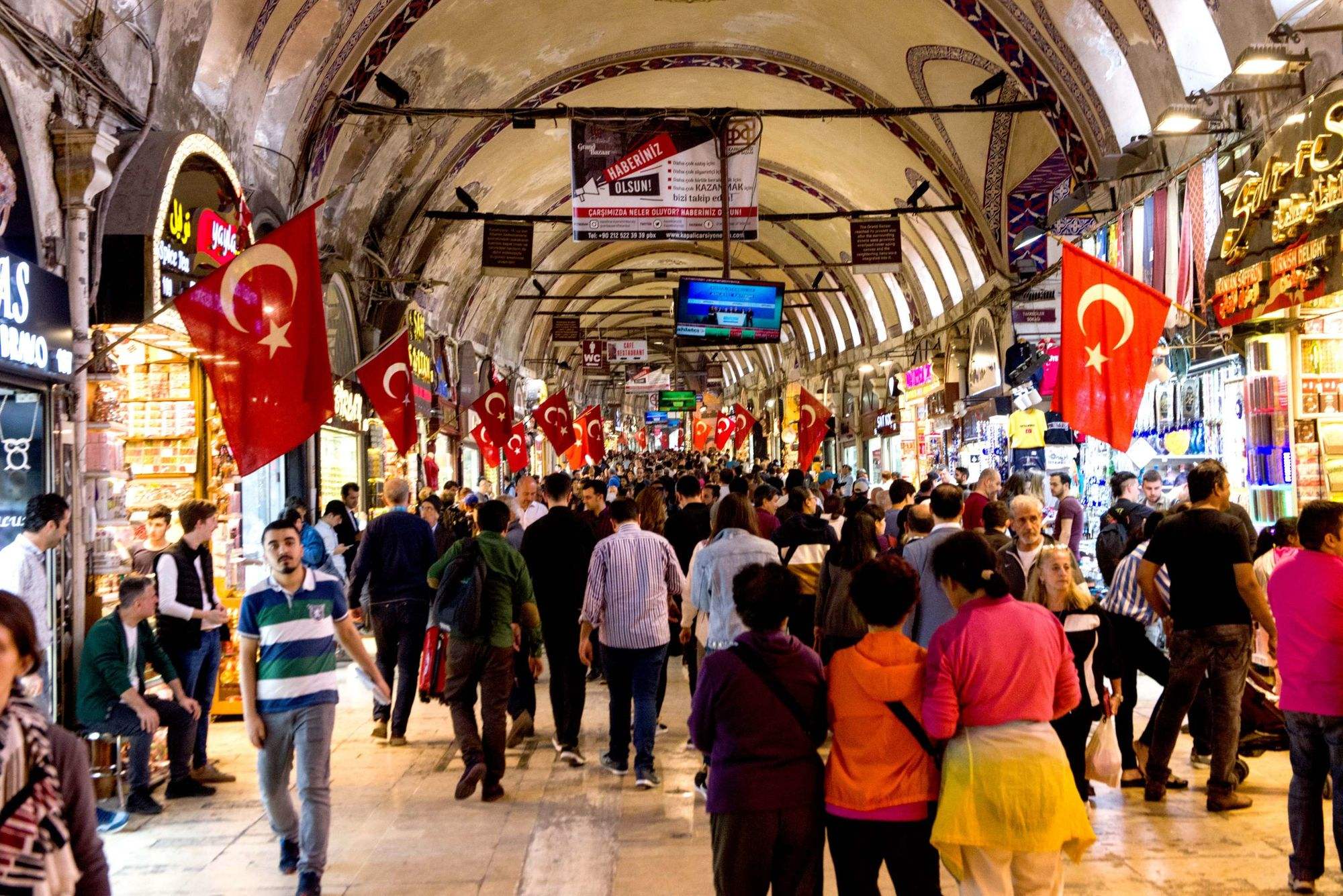
Chemical industry
Türkiye is the seventh largest plastic producer in the world and the second largest plastic producer in Europe, as well as the fifth largest paint producer in Europe. Its chemical industry has a high content of modern science and technology, a rich variety of products, and is an important part of Türkiye's industrial system. Türkiye has 62000 chemical enterprises with 200000 employees. Its main products include petrochemical products, inorganic and organic chemical products, fertilizers, coatings, drugs, soaps and detergents, synthetic fibers, essential oils, cosmetics and personal care products. In addition, Türkiye has the largest alkali plant in the Middle East, with a capacity of 750000 tons/year. Mainly exported to countries such as Germany, France, Italy, the United Kingdom, and Spain. Data shows that in 2018, 85% of Türkiye's automobile products were sold to foreign markets; In 2019, Türkiye's total export of vehicles and parts reached 26.17 billion US dollars, accounting for 15.3% of the total export of the year.
From January to September 2020, Türkiye's automobile manufacturers produced a total of 854227 vehicles (including cars, light commercial vehicles and tractors). Influenced by the COVID-19, the number decreased by 19% compared with the same period last year. In the first nine months of 2020, Türkiye's total auto exports were about 17.4 billion US dollars, down 24% year on year. During the same period, the total export volume of automobiles decreased by 33% to only 616120 units.
agriculture
Türkiye is the fifth largest vegetable and fruit producer in the world and the seventh largest agricultural country in the world after China, the United States, India and Brazil. Its agricultural output value accounts for about 2.04% of the global agricultural output value, and its agricultural exports account for 25% of the country's total exports. Agriculture is the core of Türkiye's national economy. The agricultural production value accounts for about 20% of the total GDP, and the agricultural population accounts for about 50% of the total population.
Türkiye exports about 2 billion dollars of fresh fruits and vegetables every year. It is one of the largest exporters of agricultural products in Eastern Europe, the Middle East and North Africa, as well as the world's largest exporter of hazelnuts, seedless raisins and figs. In 2018, Türkiye exported about 1800 kinds of agricultural products to more than 190 countries, with a total export of 17.7 billion US dollars. ② In addition, Türkiye has great development potential in fruit and vegetable processing, animal feed, livestock, poultry, dairy products, functional food, fishery and other industries, as well as cold chain distribution, greenhouse, irrigation, fertilizer and other related fields.

tourism
Türkiye is extremely rich in tourism resources. The historic sites of ancient Greece, East Rome and Ottoman generations converge here, surrounded by four beautiful oceans, namely, the Black Sea, the Marmara Sea, the Aegean Sea and the Mediterranean Sea. The main tourist cities include Istanbul, Izmir, Antalya, Bursa, Konya, etc. The main scenic spots include ancient city ruins such as Troy and Efes, as well as karst landform areas such as Cotton Castle and Cappadocia. Tourism is one of the important sources of Türkiye's foreign exchange income, and Germany, Russia and the United Kingdom are the most important sources of foreign tourists in Türkiye. According to the data of the United Nations World Tourism Organization (UNWTO), in 2018, Türkiye was the sixth most popular tourist destination in the world. In the same year, the number of foreign tourists was 46 million, and the total turnover of the tourism industry was 29.5 billion dollars. In 2019, the total number of foreign tourists reached 51.86 million, an increase of 11.3% over the previous year; The tourism revenue was 34.5 billion US dollars, an increase of 14.5% over the previous year. ③ However, Türkiye's tourism industry has been greatly impacted in recent years due to frequent violent terrorist attacks, economic crisis in Russia and deterioration of Turkish Russian relations.
manufacturing
Machinery manufacturing is one of the main growth engines of Türkiye's economy and an important area for Türkiye to attract foreign direct investment. As in many countries, most machine manufacturers in Türkiye are small and medium-sized enterprises. These enterprises have flexible business models that can effectively adapt to the constantly changing economic environment and technological development.
In Türkiye's machinery manufacturing industry, most of the parts and accessories produced are of high quality, low price and highly competitive. Cheap labor, advanced engineering technology and the advantages of machine manufacturers are all important factors to ensure the competitiveness of Türkiye's machinery manufacturing industry in the international market.
Türkiye's machinery manufacturing industry is mainly concentrated in provinces or regions such as Bursa, Istanbul, Kojaeli, Tralka, Marmara, Izmir, Eskiseshir, Ankara, Konya and Gaziantep. Among them, Bursa, Kocaeli, Istanbul, Izmir, and Konya mainly produce machine tools; Gaziantep is a production site for textile and food industry machinery.
Machinery products are Türkiye's fourth largest export industry, accounting for 9% of Türkiye's total exports, and exported to more than 200 countries. 60% of the total export value of mechanical products is exported to the United States and EU countries, mainly Germany, the United Kingdom, France, and Italy. In 2018, the total import value of the machinery industry exceeded 28 billion US dollars, proving the strong demand in the domestic market; In 2018, Türkiye's agricultural machinery market reached 2.1 billion dollars, ranking fourth in Europe.
Mining industry
Türkiye is rich in mineral resources, mainly granite, marble, boron ore, chromium, thorium and coal, with a total value of more than $2 trillion. Among them, granite and marble reserves account for 40% of the world's total, and the number of varieties ranks first in the world. Boron trioxide reserves of 70 million tons, valued at 356 billion US dollars; Thorium reserves account for 22% of the global total reserves; The chromium ore reserves are 100 million tons, ranking among the top in the world. In addition, the reserves of gold, silver, and coal are 516 tons, 1100 tons, and 15.5 billion tons, respectively. ③ But at the same time, Türkiye is short of oil and natural gas resources and needs to import in large quantities. Water resources are scarce, with a per capita water capacity of only 1430 cubic meters. ④ In 2018, Türkiye's total mining output reached 37.2 billion yuan.
Mineral products are the main products Türkiye exports to China. Affected by changes in the international economic situation, the trade volume has declined in recent years. In 2019, Türkiye's total export of mineral products reached US $11.269 billion, accounting for 6.6% of Türkiye's total export. In the same year, the export of this product to China was 1.32 billion US dollars, down 10.4%, accounting for 51.2% of Türkiye's total export to China. Among the mineral products exported by Türkiye to China, the export of marble decreased by 14.3%, and its proportion in the overall export decreased to 30.5%; The export of mineral sand decreased by 4.4%, and its share decreased to 20.5%. The proportion of mineral fuels in exports to China is extremely low, about 0.1%.
Since 2005, the number of mining engineers in Türkiye has grown rapidly. In 2018, the number of mining engineers has reached nearly 38000, and there are continuously well-educated labor forces transformed into high-quality labor reserves. For mining enterprises, Türkiye's advantages include not only high-quality labor resources, but also relatively low logistics and drilling costs, proximity to major markets in Europe and Asia, convenient transportation and logistics, and favorable government incentives. At present, Türkiye has 773 international mining companies.
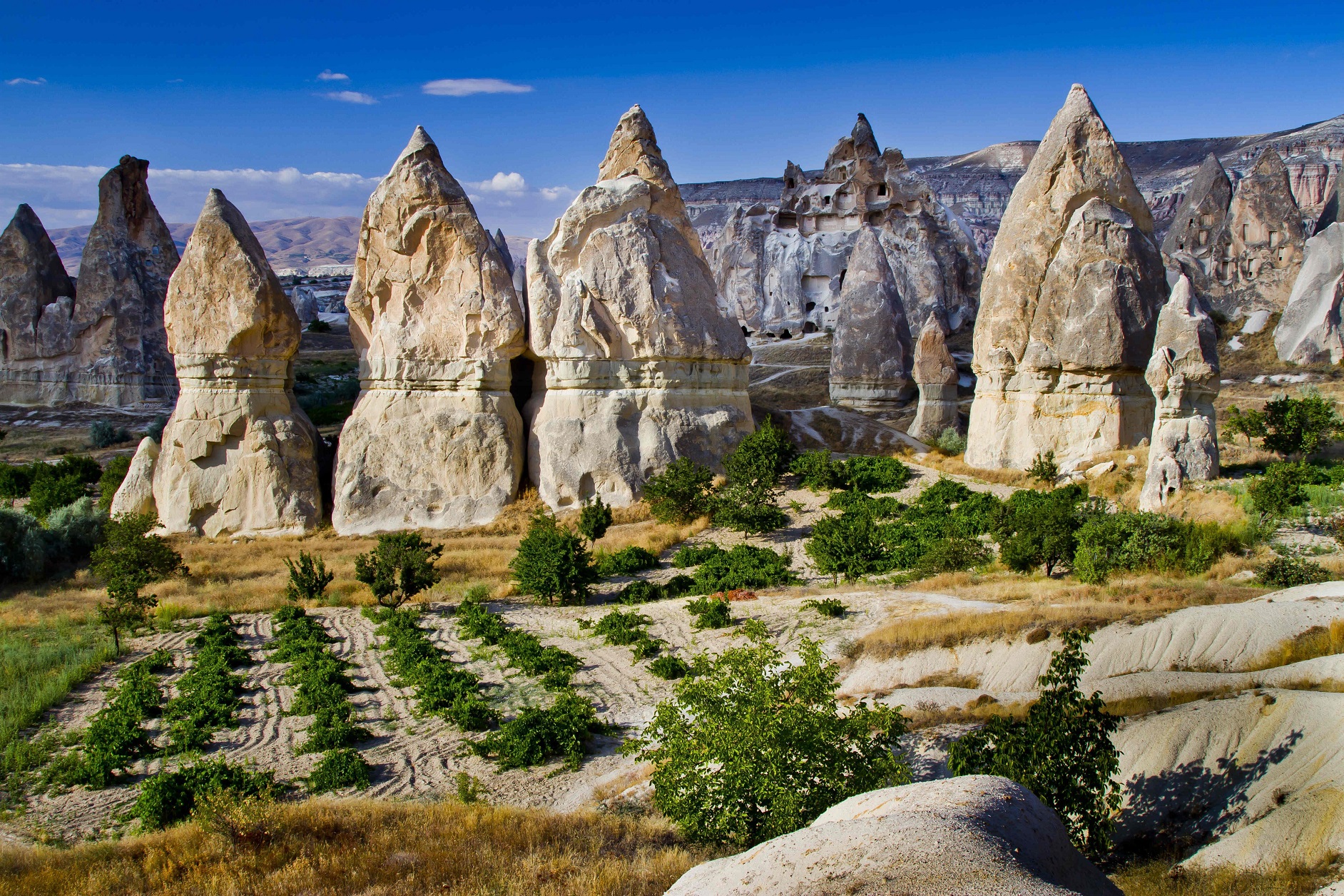
Steel industry
Türkiye's iron and steel industry started in the 1930s and developed simultaneously with its industry. Before the 1980s, Türkiye's steel enterprises were mainly state-owned. In the 1980s, Türkiye government abandoned the import substitution industrial development model and formulated a new economic development strategy. With the implementation of the privatization law for state-owned enterprises, state-owned steel enterprises have begun privatization reforms, resulting in a significant increase in steel production. At present, Türkiye has become the eighth largest steel producer in the world and the second largest steel producer in Europe. Türkiye's steel production is mainly divided into four major production areas: Marmara production area (production capacity: 15.2 million tons), Aegean production area (production capacity: 11.3 million tons), Mediterranean production area (production capacity: 16.7 million tons), and Black Sea production area (production capacity: 8.3 million tons). Türkiye has 24 electric furnace steel plants, 5 induction furnace steel plants and 3 oxygen converter steel plants, with an average annual crude steel production capacity of 51.8 million tons. Türkiye's unique geographical location provides great convenience for the import of steel raw materials and the export of finished products. In 2019, Türkiye's total export of steel reached US $9938.4 billion, accounting for 5.8% of Turkey's total export.
Shipbuilding industry
Türkiye is the world's fifth largest ship manufacturing country, with 77 shipyards, 4.4 million deadweight tons of shipbuilding capacity, 19 million deadweight tons of ship repair, and the ability to build 80000 ton ships. The shipbuilding and maintenance industry can bring in $2.5 billion in annual revenue to the local economy and create over 20000 job opportunities.
The main products include: oil transport ships, chemical transport ships, container ships, bulk carriers, general cargo ships, tugboats, barges, yachts, fishing boats, speedboats, and military vessels.
